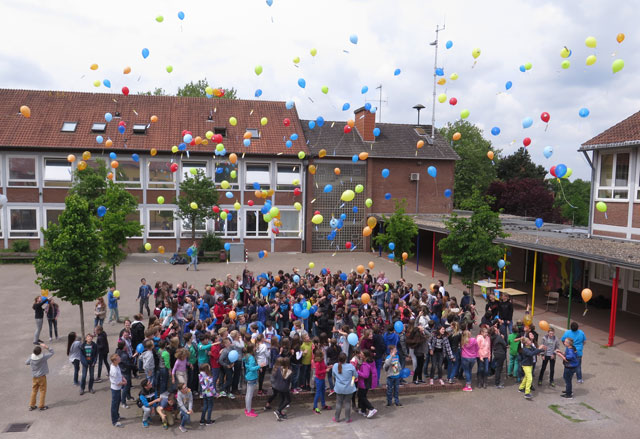by Martin Schmetz
Last week, I wrote a rambling post about the future of IR theories and the challenges posed by current political events. The starting point for the post was a certain narrative of how the field of International Relations developed: Certain political events created challenges that the dominant theory at that point couldn’t cope with. Thus, it was replaced by another theory that was better equipped to deal with it. That narrative, however, might not really describe what happened, even it if is often how students are first introduced to the development of the field of IR (I know I was).
The person to blame for this realization in my case is Jay Ulfelder. He recently wrote a very interesting series of posts on counterfactuals over at Dart Throwing Chimp. I believe the point he raised also applies to how we look at theoretical development within the discipline: Whenever the field came to a point where the dominating theory at this point was challenged by a historical event, legions of authors were ready, articles and books in hand, to proclaim that this theory would have to be replaced, because it couldn’t predict or explain what happened. Obviously, they claimed, their theory could.
One might ask why their predictions weren’t published before, but let’s leave that be for now. Even if they were not willing to make the claim of their theory having more predictive capability, but merely more explanatory power, we are either left with the unsatisfying situation of reading an ex post explanation of the event, something that purveyors of the dominant theory at that point were likely working on as well or had already published with an amended theoretical approach capable of explaining the challenge. Or we are once again facing the aforementioned, dreaded counterfactuals: We are sure that it was the empirical challenge raised by some event that caused a shift in dominant theories in our field, due to a lack of explanatory or predictive capability by a dominant theory.
Looking back, if a theory was seemingly incapable of explaining or predicting what happened and another gained traction, claiming this as the reason for its decline in popularity and the rise of another theoretical approach seem to make sense intuitively. The problem is that we can’t be sure. In fact, there are several other possible explanations for this occurrence, such as citation cartels or a shift in funding to universities with a different theoretical slant. Obviously though, if one wants to advance a certain theoretical approach, it makes sense to claim that it is better in the explanatory or predictive sense – hence, the narrative is often built around it. And indeed, in my previous post, I likely did the same. But it raises an important issue: If we aim to work towards theoretically advancing the field of International Relations, the criticism of other theoretical approaches within the field on the grounds of their inability to deal with historical shocks should be backed up with actual better predictive and explanatory power of more than just the event that has already passed and prompted the author to write said criticism.
Until then, the best we might be able to do is to concede some pretty strong contingency in theory development and leave it at that. Alternatively, we have to go on a hunt for other explanations and see how they stack up: I’d love to see someone do a bibliographic analysis of a large number of IR journals to see whether theory development more strongly correlates with who is whose buddy than historical shocks, for example. Of course, if that turned out to be true, I doubt we’d teach first semester students that this is how the field of IR took its shape. They should at least have a few semesters before they end up as bitter and cynical as your average IR blogger.














